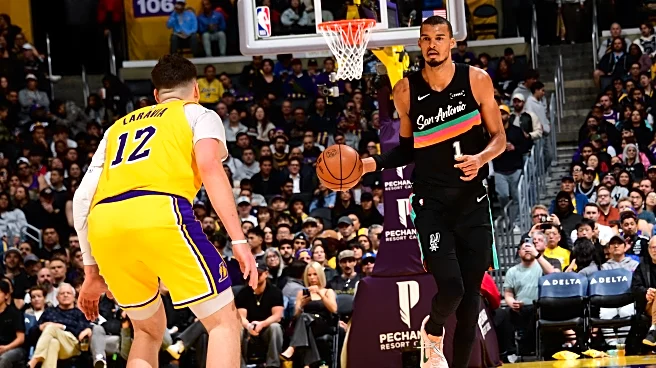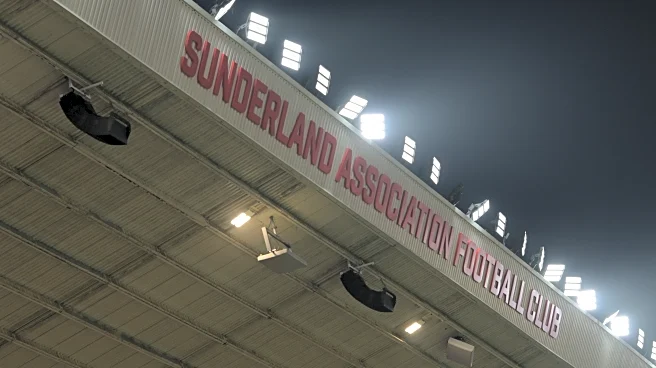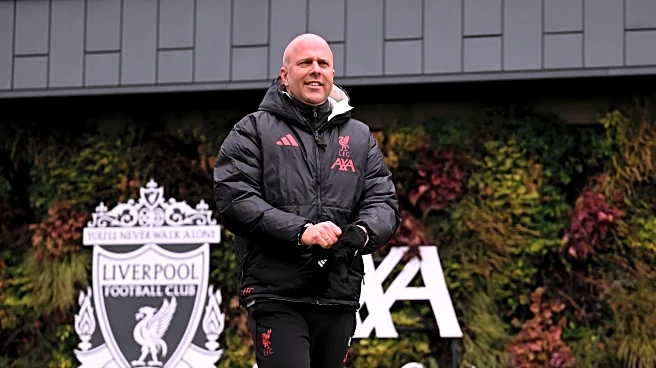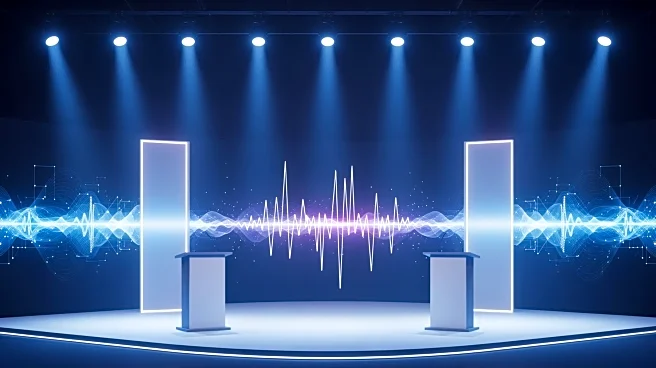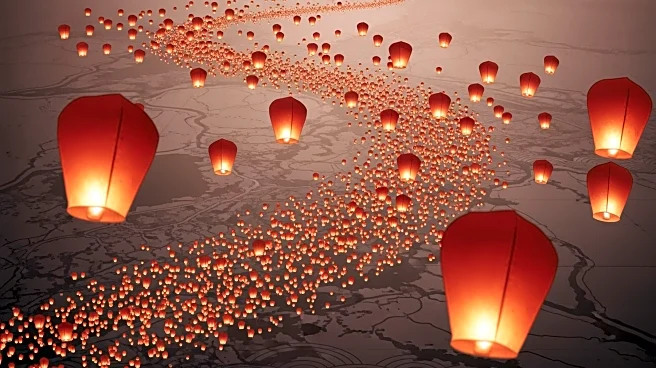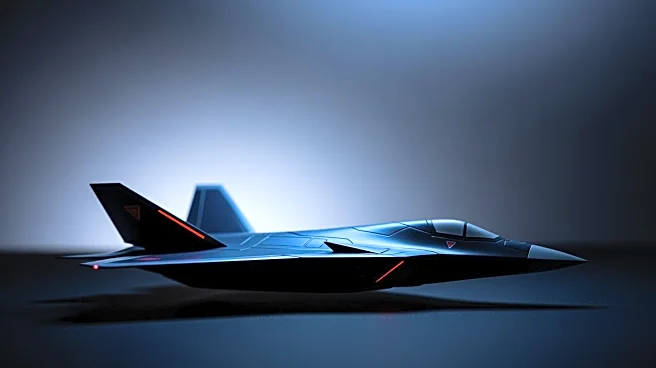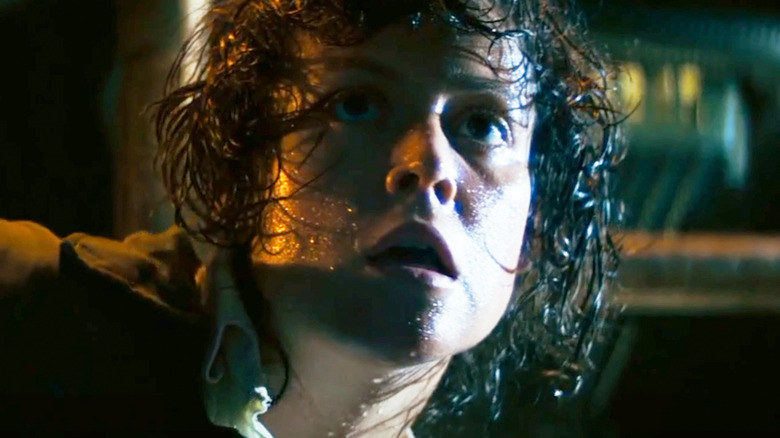
I don't expect to be forgiven for not having seen "Alien" until I was 36 years old. Much like with my resistance to The Beatles, which only gave way when the world experienced a global pandemic and I had
nothing else to do, even I knew that never having seen any of the "Alien" movies was just sort of wrong. Like some unspeakable eldritch beast from the annals of cosmic horror, the franchise had just always existed in the periphery of my consciousness, haunting my existence and emitting a low-pitched hiss every time I hit play on yet another Netflix movie.
Now, Disney is clearly embracing the franchise for a new generation with the effective but safe sequel "Alien: Romulus" in 2024 and a new TV series in the form of "Alien: Earth" (which presents a big problem for the saga's timeline). So, it was finally time I stared the beast directly in the face, which meant starting where it all began back in 1979.
With "Alien" being as beloved and celebrated as it is, I'd love to say I've come away from the film with a contrarian position that should get the fans riled up enough to spark some meaningful debate. But I get it. I understand why this movie enjoys the reputation it does and while I'm disappointed I waited this long to watch, I'm also grateful in a way. "Alien" is a movie. The kind of movie that in the streaming age is much harder to find amid the sea of "content" in which we frequently find ourselves flailing. It's a slow burn that somehow manages to avoid tedium or risk boring its audience. It's a masterpiece of mood, atmosphere, production design, pacing, and thematic resonance. I get why it was considered ahead of its time, but it really feels like it's outside of time altogether — a truly timeless excursion into cosmic horror that is worthy of every bit of praise it's received and might be even more relevant and important today than it was almost half a century ago.
Read more: Eight Classic (And Not-So-Classic) Sci-Fi Movies Set In 2025
Alien Is A Great Space Horror Film That's About So Much More
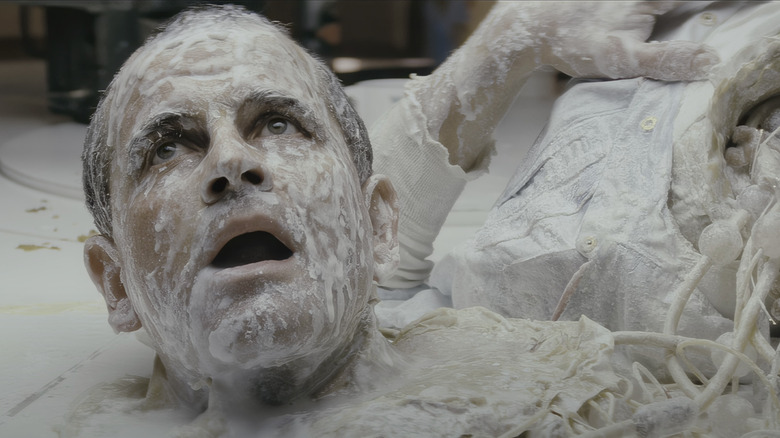
There are so many interesting aspects to "Alien" it's hard to know where to start. I could talk about the consistently oppressive yet irresistibly immersive mood of this movie, which never once falters enough to remind you that you're watching a piece of Hollywood confection. That in and of itself is impressive for a film of such elaborate ambition made in 1979. Surely something should feel outdated in the film's production design, but it doesn't. Even the genuinely outdated elements such as the CRT screens feel like they belong amid the retro-futurist aesthetic of "Alien." No doubt that's partly due to the nostalgia-driven contemporary embrace of early tech that's becoming increasingly widespread in the mid 2020s, but regardless, "Alien" feels reliably immersive and convincing in its design throughout. Even the Xenomorph itself exemplifies the resilience of this film's aesthetics. H.R. Geiger's alien design doesn't feel antiquated in the slightest, which is not only a testament to the artist's transcendent biomechanical visions but also Ridley Scott's movie as a whole. To say the film holds up visually, then, is to do it a disservice.
There's also the fact that, beyond being an incredibly effective and immersive space horror film with a cool alien antagonist, this movie feels like every one of its frames is packed with meaning. The film appears obsessed with the concept of birth and of perverting the audience's preconceptions around reproduction. The crew of the Nostromo awaken from stasis amid a sterile yet warm glow, but this is soon contrasted with the horrific chest burster scene -- which, aside from being just as shocking as I'd heard, feels so much more unsettling for the way in which it perverts that serene opening shot of the crew awakening in relative calm. The film feels radical and subversive, as if Scott was really trying to shake everyone out of some sort of complacency. For me, it's striking how these themes resonate even today and might even be more pertinent as we careen towards the AI garbage future touted by the likes of Joe Russo.
It's a little tough to know exactly what societal fears Scott was tapping into here without a full understanding of the cultural climate of 1979, but I have to think the exponential rate at which society was changing and the still burgeoning technological, or information, age had everyone feeling a little on-edge as they hurtled towards the '80s with all its synthetic perversions of cultural expression. Indeed, the opening shots of the ship jolting to life in various ways, with cathode ray screens flickering into view and disembodied text seemingly typing itself, give the sense of a post-biological world in which not only are the machines alive but the lines between human bodies and technology have been blurred in some awful way. That very concept is, of course, explored later in vivid and upsetting detail when Ian Holm's Ash is revealed in no uncertain terms to be an android whose distinctly non-human innards we see in all their uncanny glory. But again, the body horror aspects are like everything else, serving a thematic purpose. The image of Ash's disembodied head speaking to the crew members is striking not only because it's grotesque, but because it feels as if it's a warning of some sort about the unfettered expansion of technology and its ultimate dominance of the human body. Watching this play out, it all struck me as alarmingly pertinent in 2025.
Alien Wasn't Ahead Of Its Time, It Was Timeless
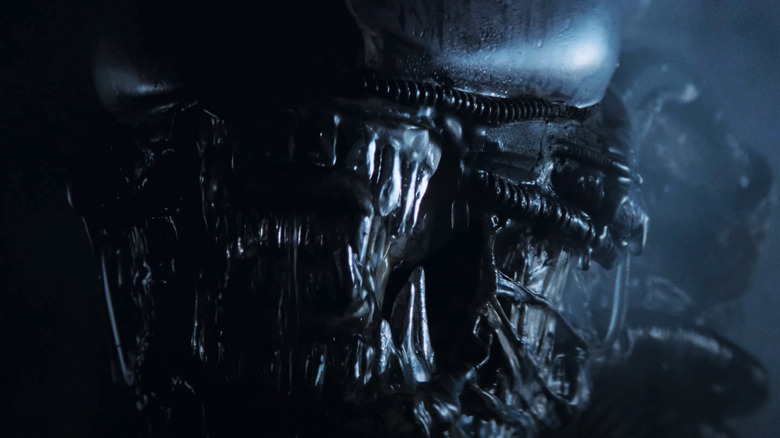
Even the seemingly small details of "Alien" hum with thematic resonance, and I was impressed by how soon that became obvious. Take the way in which the title of the film appears on-screen during the opening sequence. We see the letters emerge from a row of simple white marks that, at first, line the top of the frame. As the actual credits play out in the bottom center, it's not immediately obvious what these mysterious lines are supposed to represent. It's only when more elements of the letters fade in that we start to recognize what we're looking at.
Having seen the entire movie, I can now see the genius of this simple stylistic choice, in that it mirrors the way in which the crew of the Nostromo become increasingly aware of the alien threat onboard their ship — a threat that, like the five letters of the film's title, slowly emerges from the shadows until it's finally revealed in-full during the climactic battle between Sigourney Weaver's Ellen Ripley and the Xenomorph on the escape shuttle. It also represents that creeping sense of cosmic horror that's so central to "Alien," concealing the true appearance of the thing in a way that makes it unknowable and unsettling.
But before I understood all this, it just seemed like a really cool way to start a movie. That sense of "What am I looking at?" really drew me in and reminded me of the genius "Longlegs" marketing, wherein the trailers gave little away about the plot of the movie and came with ominous symbols stamped across the footage. It also struck me as looking incredibly modern. Something as simple as the obscene kerning between letters just evoked a much more contemporary feeling and immediately removed the film from its 1979 origins, placing it in some timeless movie netherworld. The fact that Ridley Scott managed to sustain that feeling throughout the movie is a testament to his skill and the film's enduring standing as one of the best sci-fi features ever made. It shouldn't have taken me as long as it did to watch it, but I am also glad I did -- not only because it was a reminder of just how damn good movies can be at a time where most of them just simply aren't, but also because "Alien" has just as much to say today as it did when it first debuted.
If you're looking for the easiest way to keep up with all the major movie and TV news, why not sign up to our free newsletter?
Read the original article on SlashFilm.
